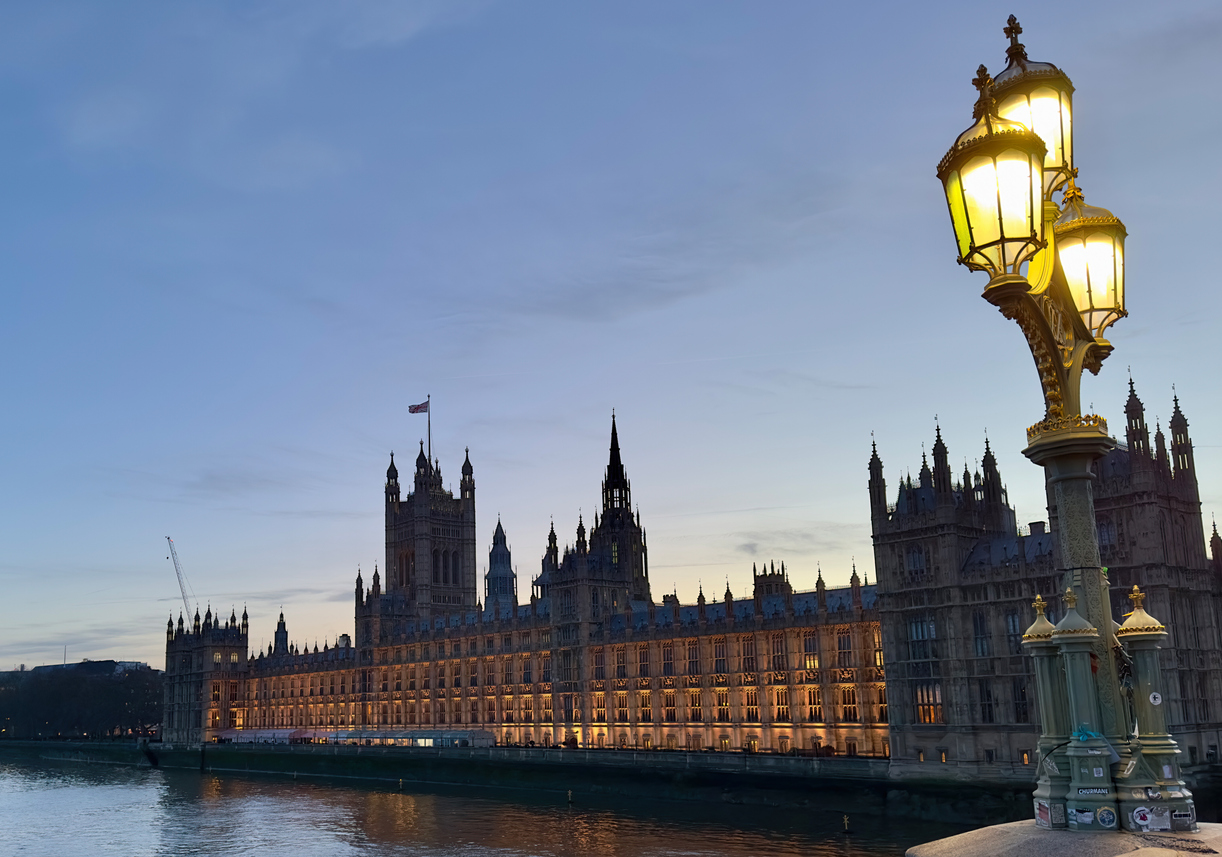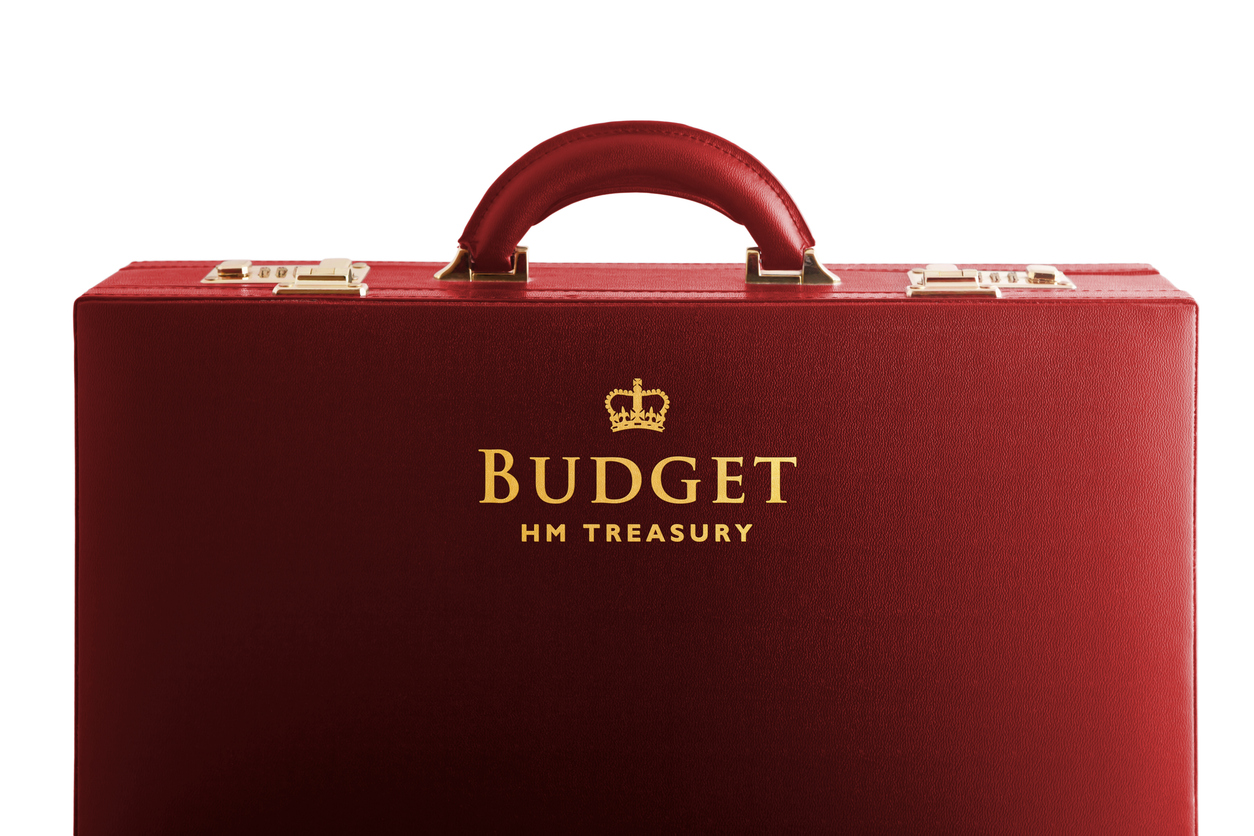November Budget – fasten your seatbelts!
We are less than two weeks away from what will be another consequential budget statement on 26 November. We asked a number of our contributors what they think might be announced on the day, and what they think should be announced. We will find out how accurate they are on the day – not far away now!
Our content will be updated in line with the upcoming provisions to be announced in the Autumn Budget. You can access these titles through our Tax and Accounting online services on Bloomsbury Professional Online.
What do you think might be announced on the day?
- 'Labour looks to be in a lose-lose position going into this November’s Budget. If it doesn’t increase one of the main rates of tax (income tax, corporation tax or VAT) then it will not be able to fill its fiscal black hole – or not at least without a whole series of smaller but potentially even more unpopular measures (such as restricting tax relief on pensions, extending the scope of National Insurance, a new wealth tax, removing the state pension triple lock, etc.).
And if it does increase one of the main rates of tax then it will break its pre-election pledge not to do so and arguably won’t be trusted by the electorate again.' - ‘Definitely doom and gloom! I am very much hoping that Rachel Reeves doesn’t do half the things that have been floated in the press recently! But their actions so far, particularly last year’s budget, suggest that they are more intent on destroying the economy than building it!’
- ‘There have been rumours of an increase in income tax rates. It would be a very bold move to increase the basic rate, especially given the government’s previous commitment not to do so. But an increase in the higher or additional rate might be a softer target for the government, albeit that it probably wouldn’t generate the same level of revenue.'
- ‘It is possible that the government may bow to pressure from professional bodies and business owners, and make the inheritance tax 100% business property relief and agricultural property relief threshold of £1 million transferable between spouses or civil partners, to the extent that it would otherwise be unused. This should obviate the transfer of business interests between them, to achieve the same objective.’
- ‘A ‘mansion tax’ has also been mooted by some commentators, namely an upper limit to capital gains tax principal private residence relief. If this happens, it might start with a relatively high threshold (say, £5 million) but perhaps reduce progressively in subsequent tax years to (say) £2 million, or possibly even £1 million (although the latter would seem unduly low and might have a severe effect on the housing market).’
What should be announced in your view?
- ‘What Ms Reeves probably won’t do is what she obviously needs to do, which is to reduce the size of the state and take an axe to wasteful public expenditure. Instead I expect her to follow her instinct and continue to prioritise the feckless and unambitious over the diligent, the strivers and the wealth-creators on which the country’s prosperity ultimately depends.'
- ‘I don’t think that the chancellor will be stupid enough to attack businesses again in the way that her NIC raid did last time round. Instead I expect to see her grab for the assets of the prudent and responsible, especially targeting pensions and property assets – perhaps increasing CGT rates, fiddling with PPR, recasting property taxes, introducing NIC on rents for example. The fact that it will discourage saving and investment won’t bother her since by the time the long-term damage is done she’ll have been long gone.’
- ‘What would I like to see? For a start, reduce employers’ NI down to sensible levels, such as 10%, or maybe a bit higher. Pushing it up a year ago was never going to be a money spinner, because people would rather pay overtime than take on more expensive staff, so the increase has simply reduced employment opportunities and slowed down the economy.’
- ‘The business rates system needs to be abolished or at least overhauled. High Streets are slowly going out of existence. There needs to be incentives for new retail businesses particularly. A good start would be to a change from a valuation-based business rates system, perhaps to an income-based one. This would also mean that the business rates system would look more like a tax regime, which more business owners would be familiar with and able to digest.’
- ‘The employment allowance should be increased substantially, from the current £10,500 to (say) £20,000. This would significantly help smaller businesses and encourage further employment or at least help to offset previous increases in National Insurance contributions.’
- ‘Reducing the corporation tax small profits rate from 19% to 15% would help some of the smallest companies to grow. When corporation tax rates have been low in the past, this has encouraged tax-motivated incorporations. However, the relatively small differential between a corporation tax rate of 15% (on profits up to £50,000) and the basic rate of income tax (20%), coupled with the various other implications of corporate status, would probably not entice too many unincorporated businesses to incorporate.’










